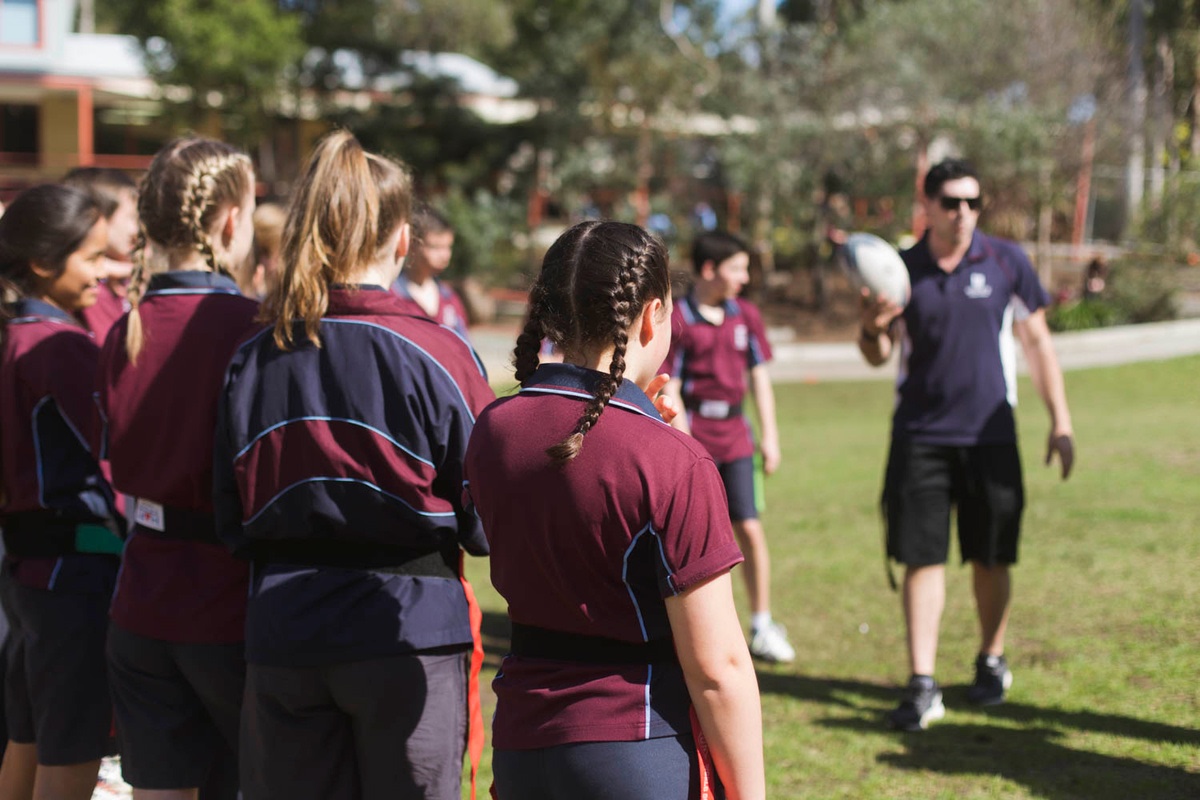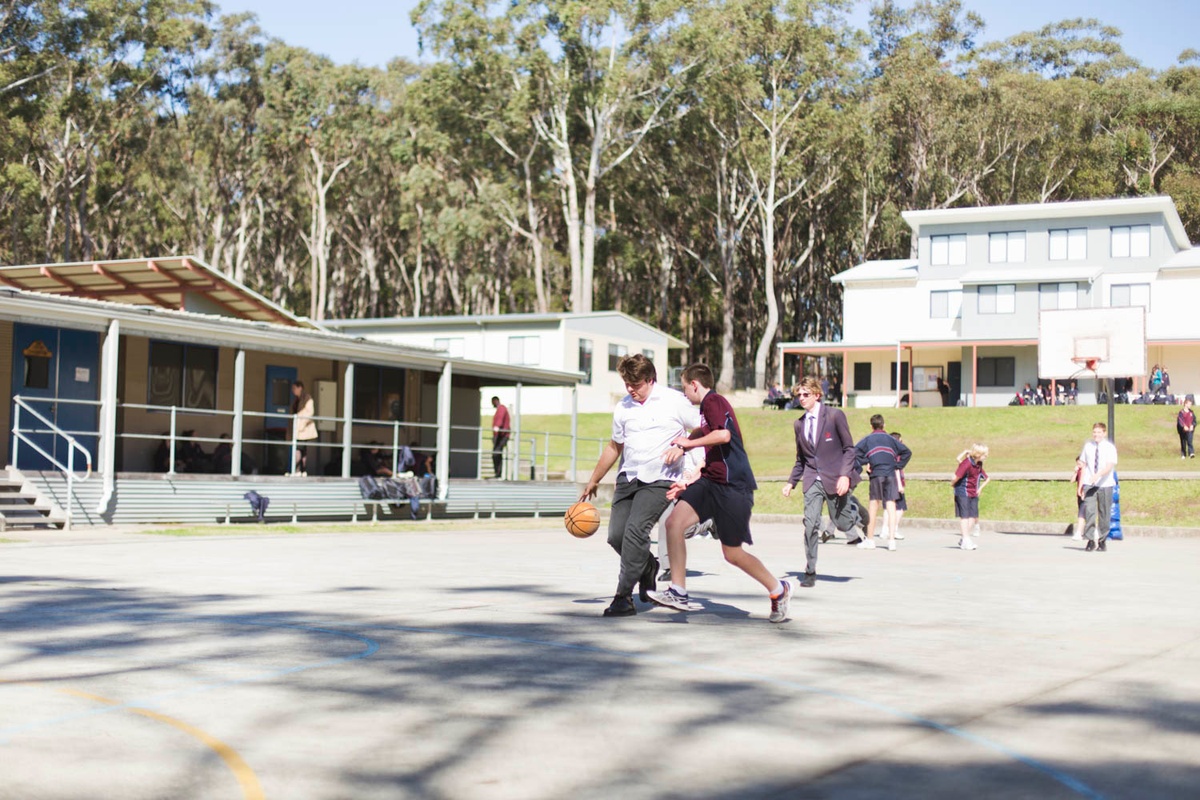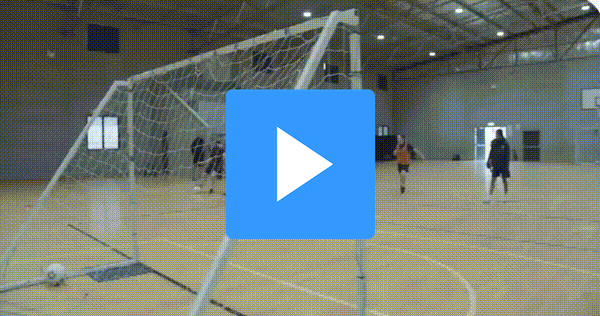Do we need sport in school?

Key takeaways.
- More than Fitness: Sports in schools shape minds and characters, not just bodies.
- Boosts Mental Health & Academics: Learn how sports improve focus, reduce stress, and enhance learning.
- Life Skills for the Future: Discover sports' role in teaching resilience, teamwork, and leadership.
- Holistic Development: See the balance of sports and academics for all-round growth.
- Combatting Health Issues: Explore sports' role in addressing youth physical and mental health.
Intrigued? continue reading our article for a deeper look at how school sports are key to developing well-rounded students. 🌟📚🏃♂️
Think sports are just for the physically inclined? Continue reading as we dive headfirst into the surprising ways school sports programs are not just for those who can sprint fast or kick a ball. Far from it. We're talking about a cerebral workout – how sports are silently sculpting sharper minds, resilient characters, and emotionally intelligent leaders of tomorrow.
From the physics of a parabolic soccer kick to the strategic maneuvers in a game of chess, sports are an unassuming ally in mental and academic prowess. So, lace up your sneakers, and let's jog through a journey where sports meet smarts, revealing how school sports are a hidden gem in holistic student development.
The Role of Sports in Enhancing Student Well-being
Sports are not just physical activities; they are important tools for holistic development. Here's how:
Physical Health and Fitness
Perhaps the most obvious benefit of regular sports participation is its impact on students' physical health and fitness. This consistent activity is key in maintaining a healthy body, significantly reducing the risk of chronic diseases common in today's sedentary lifestyle, such as heart disease, diabetes, and obesity. It also promotes healthy growth and development during these critical years of physical maturation. Engaging in sports builds strength and endurance, while improving flexibility and coordination, contributing greatly to overall physical well-being and positive behaviour. These benefits are not just immediate; they lay a solid foundation for lifelong wellness, instilling habits that prioritise physical fitness as an essential part of daily life.
Mental Well-being
Sports activities are known to improve mental health, reducing stress and anxiety levels among students. Participating in sports can help students to manage their emotions, improve their self-esteem, and develop coping mechanisms for dealing with stress.
Stress is a normal part of life, but too much stress can have negative consequences for mental health. Sports can help students to manage stress by providing them with an outlet for their energy and emotions. Exercise releases endorphins, which have mood-boosting effects. Additionally, sports can help students to develop coping mechanisms for dealing with stress, such as problem-solving and time management skills.
Anxiety is another common mental health problem among students. Sports can help to reduce anxiety by providing students with a sense of control and accomplishment. When students are able to set and achieve goals, it can boost their self-esteem and confidence. Additionally, sports can help students to learn how to relax and de-stress.
In addition to reducing stress and anxiety, sports can also help students to improve their overall mental health. Participating in sports can help students to develop a sense of community and belonging. Additionally, sports can teach students important life lessons, such as teamwork, perseverance, and discipline.
Overall, sports can be a great way for students to improve their mental health. By providing students with an outlet for their energy and emotions, sports can help to reduce stress and anxiety, boost self-esteem, and develop coping mechanisms. Additionally, sports can help students to learn important life lessons and develop a sense of community.
Academic Enhancement
Studies show a positive correlation between physical activity and academic performance, with sports aiding concentration and memory. Exercise has been shown to improve cognitive function, including attention, focus, and memory. This is likely due to the release of endorphins, which have mood-boosting and stress-reducing effects. Additionally, exercise can help to improve sleep quality, which is also important for cognitive function.
For students who are struggling academically, participating in sports can be a helpful way to improve their grades. In addition to the cognitive benefits of exercise, sports can also provide students with a sense of structure and discipline, which can help them to stay focused on their studies. Additionally, sports can help students to develop social skills and teamwork skills, which can be helpful in the classroom setting.

How Does Participating in School Sports Prepare Students for Future Challenges?
Engaging in sports at school is not just about winning games. It's about preparing for life. Sports teach resilience, teamwork and leadership—skills that are invaluable in the real world. Students learn to face challenges head-on, work collaboratively and lead with integrity, all of which are important for future success. Moreover, sports provide a practical context for students to learn how to handle success and failure, equipping them with the emotional resilience needed in various life situations.Participating in school sports is a great way for students to prepare for future challenges. Sports teach valuable life skills such as resilience, teamwork, and leadership.
- Resilience: In sports, students learn to face challenges head-on and never give up. They learn to deal with disappointment and failure, and they develop the perseverance to keep going even when things are tough. This resilience is essential for success in life, as it helps students to overcome obstacles and achieve their goals.
- Teamwork: In sports, students learn to work together as a team to achieve a common goal. They learn to communicate, cooperate, and compromise. They also learn to trust and support each other, which are important skills for any successful team.
- Leadership: In sports, students learn to take initiative, set goals, and motivate others. They also learn to make decisions and deal with conflict. These leadership skills are essential for success in the workplace and in other areas of life.
In addition to teaching valuable life skills, sports also provide a positive and supportive environment for students. Sports can help students to build self-esteem, confidence, and a sense of accomplishment. They can also help students to make friends and develop social skills.
Overall, participating in school sports is a great way for students to prepare for future challenges. Sports teach valuable life skills such as resilience, teamwork, and leadership. They also provide a positive and supportive environment for students to develop and grow.
Top 5 Benefits of Sports for Personal and Social Development
Sports in schools offer more than just physical benefits. Here are the top advantages:
- Enhanced Teamwork Skills: Sports teach students the importance of working together towards a common goal, nurturing a sense of unity and cooperation that extends beyond the playing field.
- Improved Social Skills: Regular interaction on the field helps in developing better social connections, enhancing communication skills and empathy among peers.
- Leadership Qualities: Sports provide opportunities for students to take on leadership roles, fostering responsibility and confidence and preparing them for leadership positions in various life scenarios.
- Time Management: Balancing academics and sports teaches students effective time management, a skill that is invaluable in both their academic and future professional lives.
- Resilience and Perseverance: Sports help in building a never-give-up attitude, which is important for overcoming life's challenges and instilling a mindset that views obstacles as opportunities for growth.
School Sports vs Academic Pursuits: Balancing Physical Education with Classroom Learning
While academics are essential, sports play an equally important role in a student's life. Here's a balanced view:
Complementary Learning
Sports complement academic learning by enhancing cognitive skills and improving focus. This synergy between physical and mental activities leads to a more engaged and effective learning experience in the classroom.
Holistic Development
A balance of sports and academics ensures the all-round development of students, preparing them for various life aspects. It also enhances adaptability and flexibility, enabling students to navigate different environments and challenges with ease.
Addressing Modern Health Issues in Youth Through School Sports Programs
In today's world, where lifestyle diseases like obesity are increasingly prevalent among the youth, the role of school sports programs becomes crucial. These programs not only combat physical health issues but also tackle mental health problems and social isolation. By promoting active lifestyles and mental well-being, they encourage social interaction and build a supportive community. This is particularly vital in an era dominated by digital screens, as it fosters a sense of belonging and connection among students, essential for combating the pervasive feelings of loneliness and disconnection. These initiatives not only improve immediate health outcomes but also instill lifelong habits for maintaining physical and mental health.
Unleash Your Child's Potential with Our Holistic Education Approach
In this article, we've underscored the fundamental importance of sports in schools, especially at Medowie Christian School. Beyond simple physical activity, our sports program is essential in developing students who are not only physically fit but also mentally sharp and emotionally resilient. We have shown how sports contribute significantly to physical health, mental well-being, and academic success, equipping students to tackle diverse future challenges. Now, we invite you to see these advantages firsthand. View our video to get a real sense of the broad range of sports and interests that we cater to. Discover how Sport at Medowie Christian School is actively shaping future-ready, well-rounded individuals.
